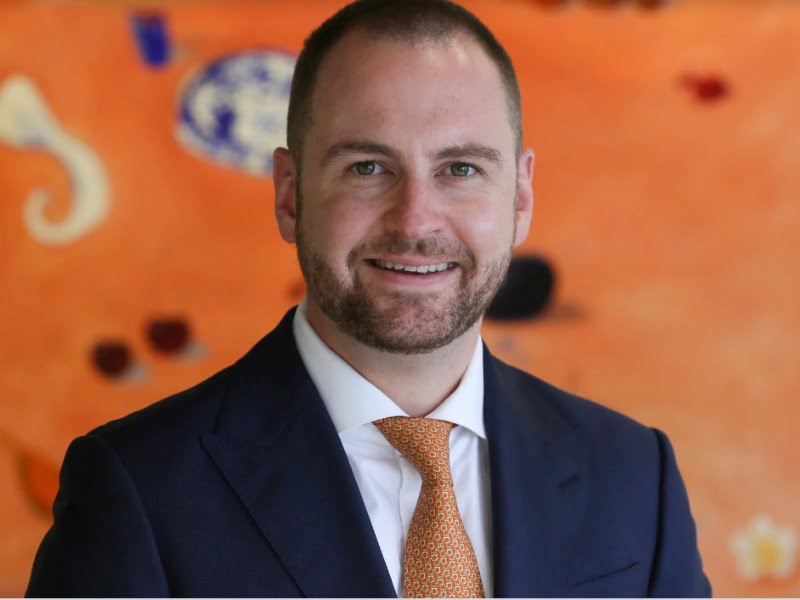Liberal senator Andrew Bragg will introduce a private member’s bill to regulate cryptocurrency, warning the government is neglecting the groundwork of the last Parliament as more than a million Australians engage in the unregulated market.
Mr Bragg on Monday revealed his draft bill for the market regulation of digital assets, saying Australia is falling behind the rest of the world on consumer and national protections.
The bill includes a licence scheme for digital asset exchanges, digital asset custody services, and stablecoin users. It would also establish reporting requirements for Chinese banks on the use of China’s digital e-Yuan currency to Australian regulators.

Mr Bragg acknowledged a bill from an opposition backbencher will struggle to pass but said he wants to prompt the Labor government to act on cryptocurrency.
“After four months the government has done nothing here,” he told the ABC.
“A lot of work was done in the last Parliament, so I am trying to show that it would be pretty simple to fix some of these problems. There are huge consumer risks here. I mean, during the grand final next week, there’ll be more and more adverts spruiking crypto and it’s all unregulated.”
The Australian Taxation Office estimates that more than one million taxpayers have interacted with the crypto asset ecosystem since 2018. The market is largely unregulated in Australia but new rules are coming and the industry wants clarity.
The previous government had moved to start regulating cryptocurrencies based on the work of the Select Committee on Australia as a Technology and Financial Centre, chaired by Mr Bragg.
The committee’s third and final report last year made 12 recommendations including a licensing regime for digital currency exchanges and custody or depository regime.
Some of the bipartisan committee’s recommendations were taken as part of a payments and crypto reforms plan, with consultations occurring this year. But the new Labor government reframed the reforms, saying the Coalition plan had jumped the gun on regulation “without first understanding what was being regulated”.
Last month, Treasurer Jim Chalmers and financial services minister Stephen Jones said the new government’s first step in a reform agenda will be a ‘token mapping’ project, promising a consultation paper would be released “soon” for an area experts say is a world first.
Mr Bragg on Monday said Labor’s pace on regulating crypto has prompted him to release a his own proposal, largely based on the committee’s recommendations.
“The consequence of Labor’s inaction is clear. Australia is falling behind on consumer protection and investment promotion,” he said.
Under the new regulations proposed by Bragg, a licencing regime similar to the one used by market operators like the ASX would be established to bring more oversight to the operators of digital exchanges, digital asset custody services and stablecoin issuers.
The proposal would require better monitoring of user activity, stronger cybersecurity requirements, minimum capital requirements, and more disclosure to government agencies.
Mr Bragg’s bill also seeks new disclosure requirements for the facilitators of China’s digital e-Yuan currency.
The e-Yuan is the first central bank-issued digital currency, or CBDC, of a major economy and may become one of the most popular in the world.
Mr Bragg is proposing to require Chinese state-owned banks involved to report to APRA and the Reserve Bank of Australia on the use of e-Yuan. The Australian agencies would then be required to share the information with the minister and the Parliamentary Joint Committee on Intelligence and Security.
Do you know more? Contact James Riley via Email.

